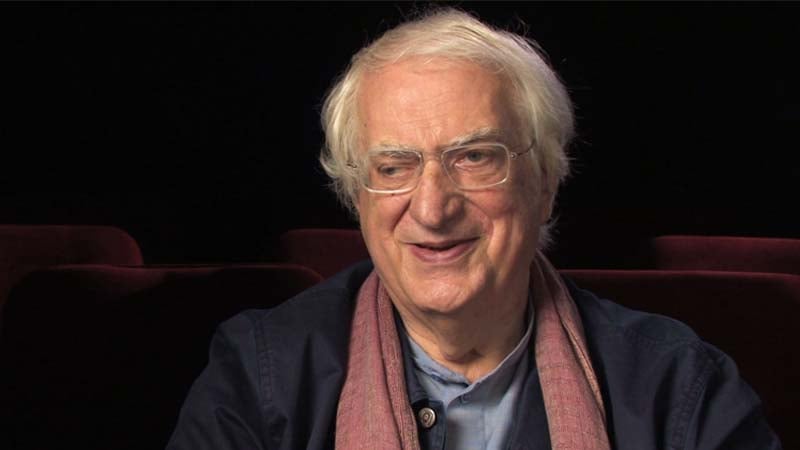Visual History with Bertrand Tavernier
Interviewed by:Jeremy Kagan
Bertrand Tavernier grew up in Lyon, France, surrounded by French Resistance members and intellectuals, acquaintances of his father, a noted writer and poet. Although he knew he wanted to be a director at 13 years old, having been enthralled by American Westerns, specifically John Ford’s Fort Apache (1948) and She Wore a Yellow Ribbon (1949), he pursued a law career, studying at the Sorbonne, later abandoning it in favor of a career in film criticism, writing for Postif and Cahiers du Cinema, among other film journals. Noticed by Jean-Pierre Melville, Tavernier got the chance to work for the legendary French director as an assistant director, but quickly realized he was not cut out for the job. Instead, with Melville’s assistance, he secured a job as a publicist for the celebrated French producer Georges de Beauregard. As a publicist, he worked and learned from many French New Wave directors, including Jean-Luc Godard, Claude Chabrol, and Agnes Varda, as well as American directors, including Raoul Walsh, Howard Hawks, and John Ford. It was not until 1974 that Tavernier directed his first feature film, The Clockmaker of St. Paul, which he also co-wrote.
Since then, Tavernier has directed and written more than 25 feature films and documentaries, including Let Joy Reign Supreme (1975), Death Watch (1980), Round Midnight (1986), Life and Nothing But (1989) Captain Conan (1996), It All Starts Today (1999), Safe Conduct (2002), In the Electric Mist (2009), The Princess of Montpensier (2010), and most recently the documentary A Journey Through French Cinema (2016).
For his directorial efforts, Bertrand Tavernier has won and been nominated for BAFTA, Cannes, Cesars, and Venice Film Festival awards, among many others. He received the DGA Honor in 2004 and has been a Guild member since 2007.
Tavernier passed away in March 2021.
Select Viewing Option:
Highlights